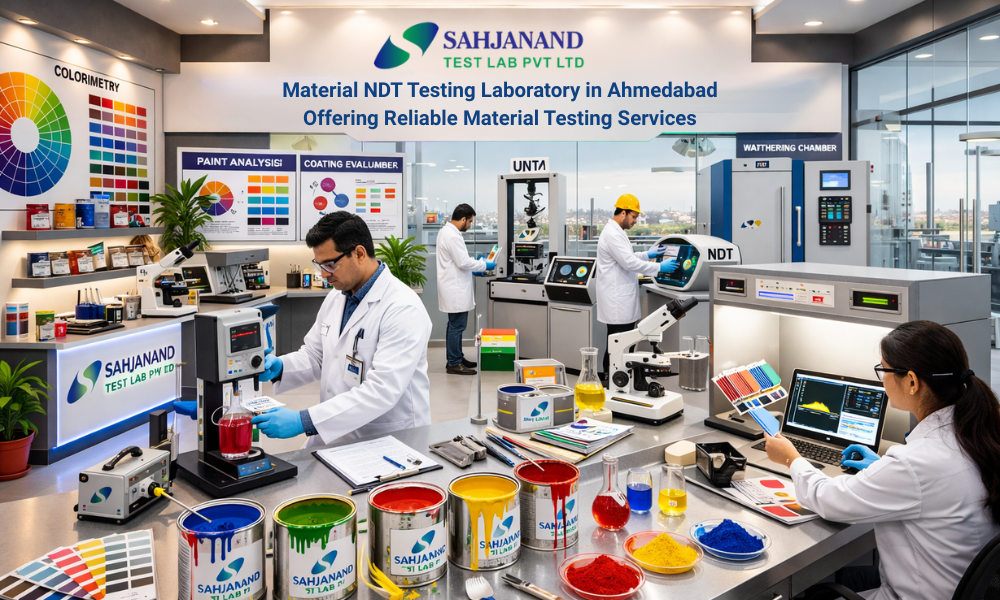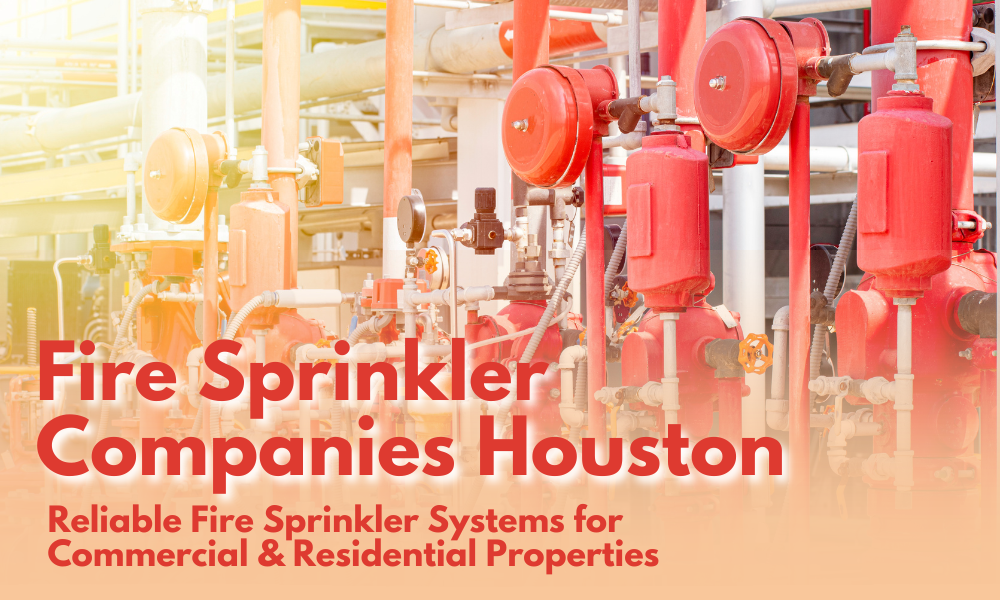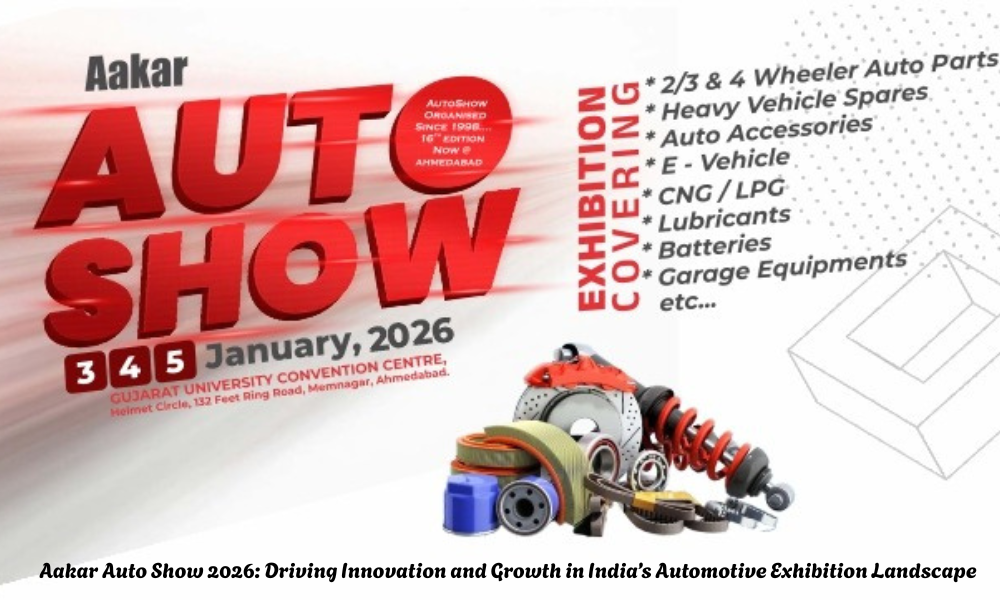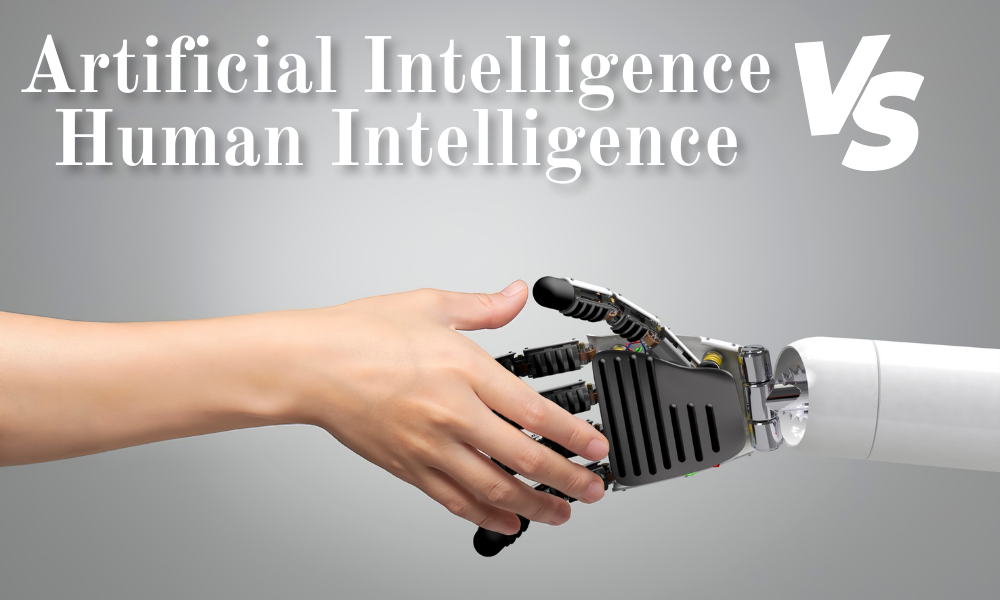The Era of Convenience: Is Ultra-Fast Delivery Making Us Emotionally Lazy?
There’s a strange new reality we’re living inside.
If we want milk, we don’t walk down the street. We tap.
If it’s midnight and suddenly we feel like eating chips, we don’t even think twice. We tap again.
And that cup of ice cream that used to be a treat? That now arrives at the door before we can even regret the craving.
It’s wild if you think about it, the delivery arrives sometimes before our own brain finishes the thought.
Convenience once felt like privilege. Something we occasionally experienced.
Now it feels like a right.
We don’t question it anymore.
We only ask: how fast?
Earlier: buying something was an “act”
Most of us grew up with a different rhythm.
Going to get something meant stepping out.
Seeing the shopkeeper.
Maybe greeting the woman from the next lane.
Maybe noticing the smell of chai somewhere, or the rustle of the newspaper outside the shop.
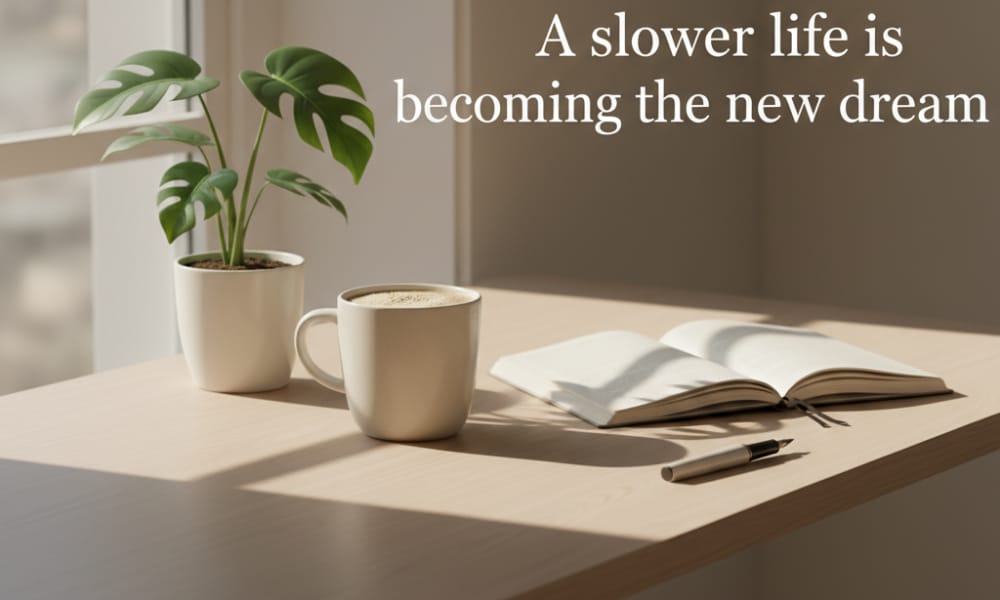
There was small life in these tiny errands.
Now we barely move.
We live inside closed rooms, staring at screens, silently waiting for someone else to do the movement that used to be ours.
What high-speed convenience has quietly done to us
Convenience is not just making shopping faster.
It’s re-patterning the brain.
We are developing a low tolerance for any wait, any delay, any pause.
Food must be instant.
Groceries must be instant.
Replies — immediate.
Score. Validation. Response, immediate.
A delay of 15 minutes feels like an insult.
We don’t tolerate the idea that good things take time anymore.
Which is dangerous, because most meaningful things require slow cultivation.
The emotional muscle that is weakening
When we were younger:
we waited.
We waited the whole week for a Sunday cartoon.
We waited for birthdays to receive one new outfit.
We waited for festivals to eat special sweets.
That waiting shaped the emotional structure of the mind.
Now? everything is swallowed the minute we feel desire.
Instant gratification is the new oxygen.
But the side effect: our emotional stamina shrinks.
We start believing everything, even dreams, love, careers, health, should also work like a “quick commerce” app.
If we don’t see results immediately, we feel disappointment and even despair.
We are outsourcing tiny abilities
Think of it:
We don’t walk to the ATM.
We don’t step into grocery markets.
We don’t explore stores.
We don’t even call people, we just text vocal commands.
Screens have replaced motion. Location has replaced community. Speed has replaced patience.
In the name of “convenience”, we are slowly losing basic capability.
Not because we are incapable, but because we don’t have to try.

Something else is silently disappearing: micro human bonds
Earlier, even a two-minute shop visit carried a little emotional touch.
A glance.
A nod.
A shared line about the weather.
A brief conversation about prices or festivals.
These tiny social connections held society together.
Now? We take the bag, we close the door. No eye contact. No greeting.
The interaction is purely transactional.
We haven’t noticed it because it happened slowly, but we are becoming emotionally narrower.
We consume, but we don’t connect.
Are we mistaking comfort for emotional safety?
Comfort is lovely in small portions.
But constant comfort is like eating dessert three times a day, eventually, it makes the system weak.
When life becomes too smooth, we lose appreciation for small things.
And ironically, when big problems arrive, we feel shattered very easily.
Life is not built for 10 minute delivery.
Life needs process:
relationships need nurturing
bodies need consistent care
careers take time to shape
emotional development needs slow breathing space
Convenience cannot replace that.
So what can we do?
We don’t have to reject convenience.
We simply need to break the passive autopilot.
Maybe step out to buy two things a week, consciously.
Maybe have a conversation with the delivery person.
Maybe wait intentionally before clicking “order”.
The idea is to use convenience as a tool, not as a dependency.
a closing thought
We brag that we are smart because everything around us is fast.
But the real intelligence lies in knowing when to slow down.
Effort, even small effort, builds character.
Effort builds resilience.
Convenience is sugar.
Sweet. Helpful.
But too much of it makes the emotional body weak.
Sometimes, going out to buy bread is not a waste of time, it is a reminder that life is still happening outside these screens.
In a world spinning with speed, maybe “slow” is the last remaining luxury.
Sure. Here is an additional ~200 word ending you can directly paste at the end (it will maintain the same tone and style):
There is also one more angle we rarely talk about, ultra-fast delivery has changed our sense of scale. Earlier, going to buy things also made us think: “Do I actually need this?” Now, since ordering is just one thumb tap, we don’t even ask the question. We just satisfy urges. And every urge satisfied instantly makes the next urge even louder.
We are confusing “want” with “need” at a much faster speed.
This isn’t just an economic habit — this is a psychological shift.
And here is the deeper fear: What if this convenience generation slowly becomes incapable of boredom, incapable of patience, incapable of waiting? What if a small delay becomes a reason for mood swings? What if frustration becomes default?
Human beings evolved through difficulty. Our grandparents built resilience because life required effort.
Today, effort is optional.
But then resilience also becomes optional.
Conclusion
Convenience is not the enemy. Overconsumption of convenience is.
Maybe the task in front of our generation is not to stop ordering things.
But to teach ourselves that discomfort is not a threat.
Small waiting is not suffering.
Because sometimes, the longest lasting pleasures come from things we worked for, not things that arrived in 10 minutes.

